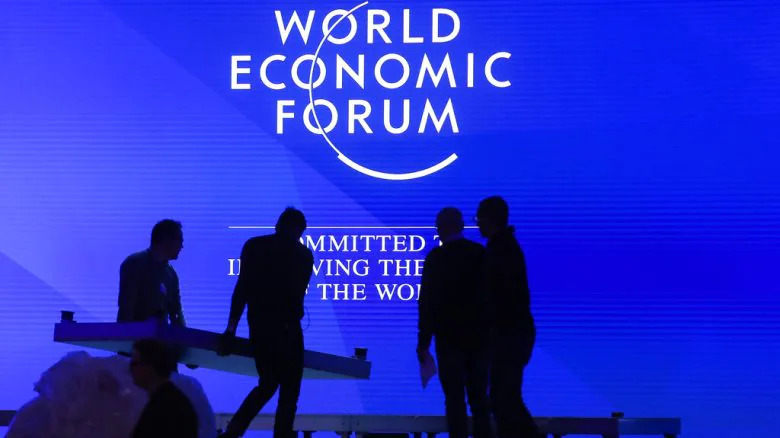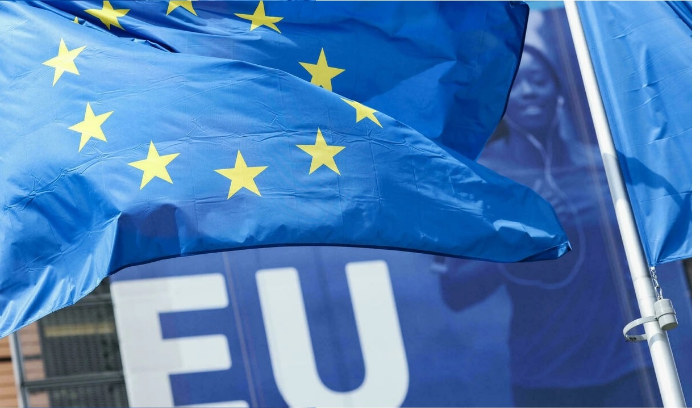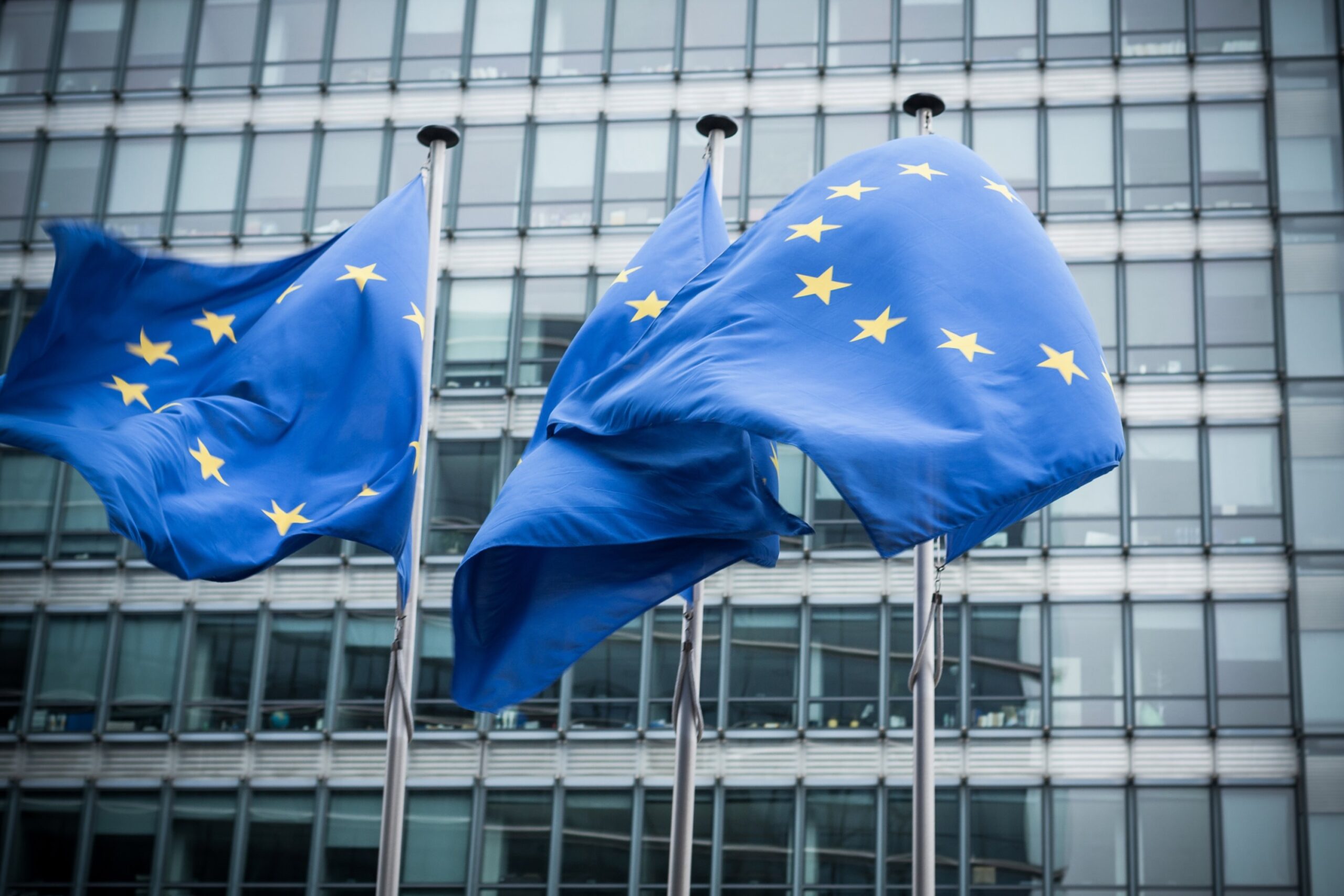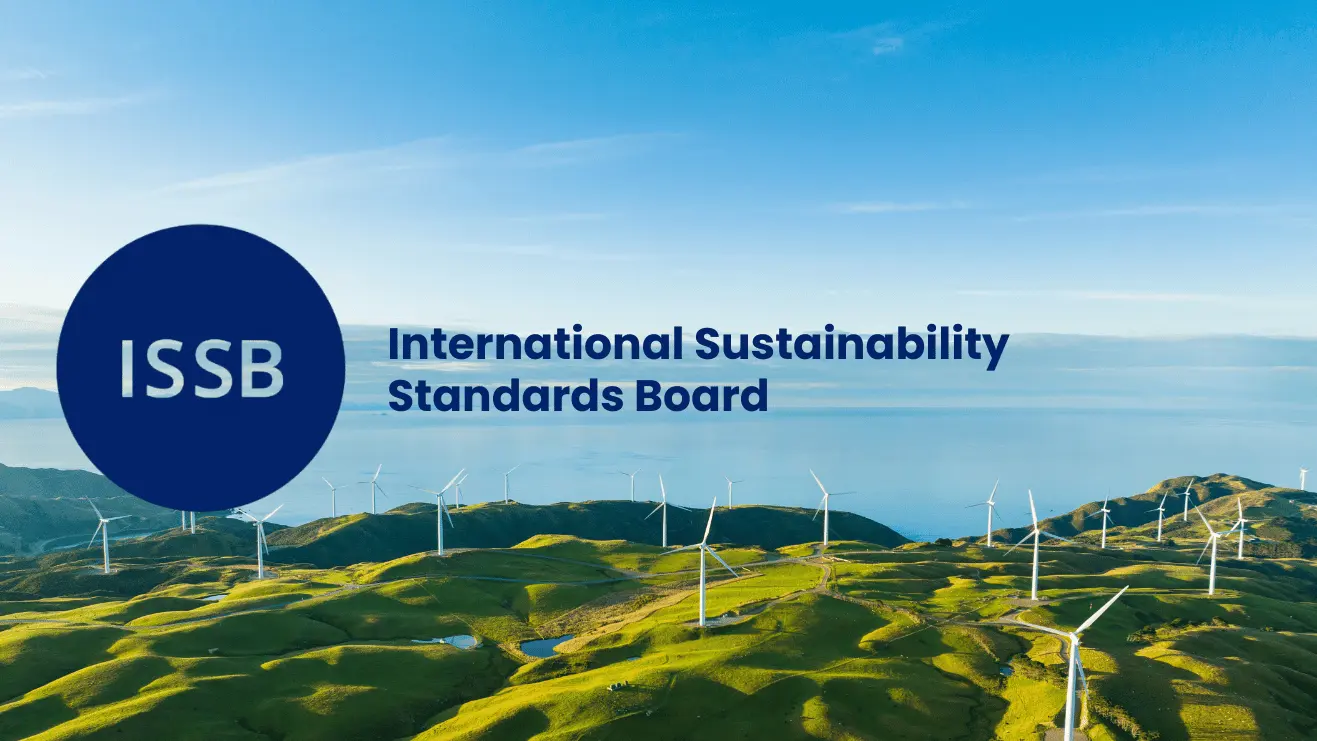Green Energy and Global Integration Will Sustain Positive Economic Outlook – #WEF23

- “Stay the course” – economic experts urge central bankers on the need to continue fighting inflation, despite signs of improvement
- The risks of a subsidy competition between Europe and the United States over green energy threaten progress in tackling climate crisis in the developing world in particular
- Horizon risks to the economy for 2023 include a return of inflation, the war in Ukraine and the possibility of virus COVID-19 mutations
Recent economic signals have given experts reasons for hope, if not complacency about the outlook for 2023. Signs of declining inflation, resilient consumer spending and strong labour markets, among others, suggest that growth could be rebounding in the short term.
“My message is that it is less bad than we feared a couple of months ago, but that doesn’t quite get to us to being good,” said Kristalina Georgieva, Managing Director of the International Monetary Fund.
The threat of rising inflation seems to have abated in many parts of the world, thanks in part to interest rate increases from some central banks. While many decision-makers have expressed determination to sustain rates, there is a risk that recent improvements could cause leaders to ease rates.
“The greatest tragedy in this moment would be if central banks were to lurch away from a focus on assuring price stability prematurely and we were to have to fight this battle twice,” said Lawrence H. Summers, Professor at Harvard Kennedy School of Government.
A major economic priority worldwide for 2023 involves accelerating decarbonization. Recent legislation in the United States to support green energy will provide billions of dollars in funding but has provoked concerns of launching a subsidy war between Europe and the US over decarbonization technology. On the one hand, competition to promote green energy could accelerate progress for the benefit of all. On the other hand, the risks that nations will block technological developments and turn inward would deter global progress.
See related article: Decarbonization of Industrial Clusters Initiative Gains Global Momentum at #WEF23
“I hope very much that this subsidy race we are hearing about is not going to be a race for the bottom,” said Christine Lagarde, President of the European Central Bank. A negative repercussion of Europe-US competition would be overlooking the imperative to finance the green energy transformation in the developing world, which is the most vulnerable to the impacts of the climate crisis.
Competition over green energy could amplify other risks of fragmentation in global trade as many nations prioritize national security over global integration. “Over the last three years, we have entered a new era of globalization. We have shifted from market-driven globalization to politically powered globalization,” said Bruno Le Maire, France’s Minister of Economy, Finance and Industrial and Digital Sovereignty.
Fragmentation poses numerous risks to the world economy, such as higher costs associated with reorganizing supply chains. For example, Europe and the US have focused recently on increasing domestic production of silicon chips. There is a risk that such turning inward will impede global cooperation on trade and climate goals.
The easing of pandemic restrictions in China raises questions for the 2023 economic outlook. One potential concern involves rising energy costs worldwide, as Chinese consumption rises.
In Japan, inflation remains a concern, but the nation has seen recent improvements in job creation. “We made that change I should say mainly due to increased labour participation of women,” said Kuroda Haruhiko, Governor of the Bank of Japan.
In terms of the most pressing risks for 2023, economic experts focused on the ongoing war in Ukraine not only as a geopolitical and humanitarian crisis but also as a concern for economies around the world. Likewise, experts expressed uncertainty about whether inflation would continue a downward trajectory and about the continued threat of mutations of COVID-19. Despite recent signs of improvement, “relief must not become complacency,” Summers noted.












